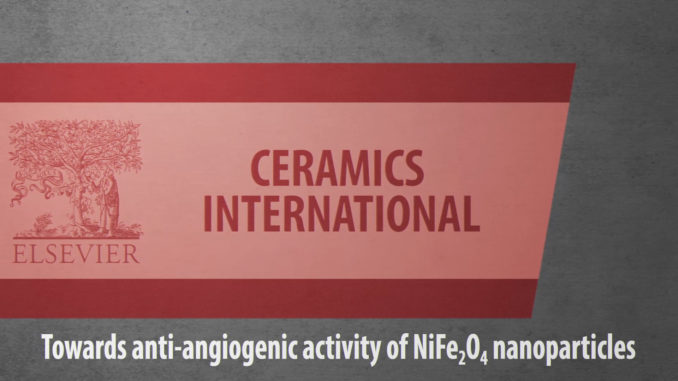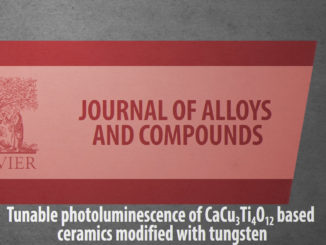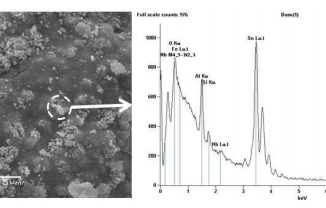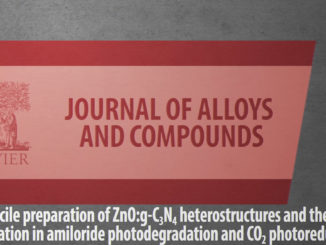
Towards anti-angiogenic activity of NiFe2O4 nanoparticles
Abstract: In this study, NiFe2O4 nanoparticles (NPs) were prepared using the polymeric precursor method and calcined at 500°C for 4 h with (S– NiFe2O4) and without (NiFe2O4) CTAB as a surfactant, respectively. The magnetic and biological properties were evaluated based on the (micro)structure and electronic structure of the NPs. On sample S–NiFe2O4, the significant increase in magnetization saturation (Ms ~ 61.84 emu/g), magnetic remanence (Mr ~ 4.30 emu/g), and coercivity (Hc ~ 0.475 kOe) in comparison to sample NiFe2O4 (Ms ~ 24.81 emu/g, Mr ~ 1.00 emu/g, and Hc ~ 0.475 kOe) at room temperature (300 K) may be associated with the presence of oxygen vacancies the spinel lattice of NiFe2O4, generating magnetic moments. The concentration of 1 μg/mL S–NiFe2O4 decreased in ~50% angiogenesis in the chorioallantoic membrane (CAM). S–NiFe2O4 NPs showed high blood vessel affinity and anti-angiogenic activity; hence, effectively concentrating on tumoral vessels, which may enhance drug effectivity and enable simultaneous treatments, image diagnosis of solid tumors, etc. Thus, our results suggest that CTAB addition is an effective way to tune its magnetic response due to its excellent biocompatibility, high bulk saturation magnetization, and low magnetic anisotropy.
Author(s): Santos, J. G.; Lopes, H.; Moreno, H.; Ramirez, M. A.; Garcia, F. G.; Simoes, A. Z.
Ceramics International
Published: 1 June 2021, Volume 47, Issue 11,Pages 16152-16161
DOI: https://doi.org/10.1016/j.ceramint.2021.02.191
CDMF
The CDMF, hosted at the Federal University of São Carlos (UFSCar), is one of the Research, Innovation and Dissemination Centers (RIDC) supported by the São Paulo State Research Support Foundation (Fapesp), and also receives investment from the National Council Scientific and Technological Development (CNPq), from the National Institute of Science and Technology of Materials in Nanotechnology (INCTMN).




